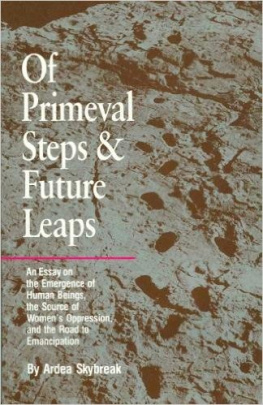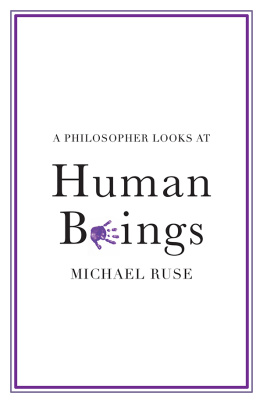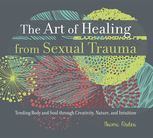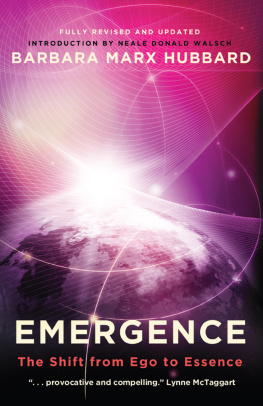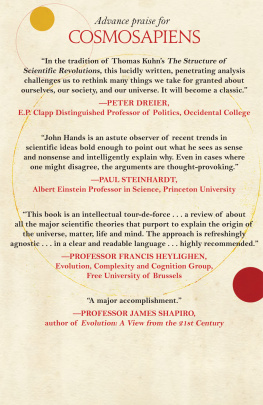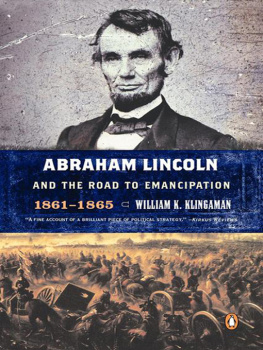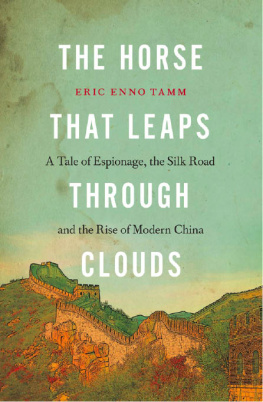Banner Press, Chicago
1984 by Banner Press. All rights reserved
Printed in the United States
Cover photograph by John Reader
Courtesy Mary D. Leakey
Library of Congress Cataloging in Publication Data
Skybreak, Ardea.
Of primeval steps and future leaps.
Bibliography: p.
1. Human evolution.
2. Women-Evolution.
3. Social evolution.
I. Title.
GN281.556 1984 573.2 84-24448
Print ISBN: 0-916650-19-7
OF
PRIMEVAL STEPS
AND
FUTURE LEAPS
In hunter-gatherer societies, men hunt and women stay at home. This strong bias persists in most agricultural and industrial societies and, on that basis alone, appears to have a genetic origin. My own guess is that the genetic bias is intense enough to cause a substantial division of labor in even the most free and most egalitarian of future societies. Even with identical education and equal access to all professions, men are likely to continue to play a disproportionate role in political life, business and science.
E.O. Wilson
The expectations of theory color perception to such a degree that new notions seldom arise from facts collected under the influence of old pictures of the world. New pictures must cast their influence before facts can be seen in different perspective.
Niles Eldredge and S.J. Gould
Neither the emergence of the human species nor the development of human society to the present was predetermined or followed predetermined pathways. There is no transcendent will or agent which has conceived and shaped all such development, and nature and history should not be treated as suchas Nature and History. Rather, such development occurs through the dialectical interplay between necessity and accident and in the case of human history between underlying material forces and the conscious activity and struggle of people.
Bob Avakian
Introduction
We call ourselves human beings, Homo sapiens, and we inhabit the planet earth. But where did we come from? What were we like in the beginning of our species life? Were we bloodthirsty brutes? Were the females of our species helpless creatures dependent on Mighty Males for their very survival? How did we live?
We are, as humans, very particular in that we have always posed such questions and sought to know all about the universe and ourselves within it, from our earliest origins to the future before us. Times marked by intensifying social contradictions have always tended to fuel raging debates over a wide assortment of fundamental questions, partly because the straining of the social fabric calls into question the validity of all previously established thought and institutions, and partly because the answers to these questions seem to matter so much more.
Today, as we are literally having to confront the possibility of our own self-imposed annihilation, there are those who would shy away from broad-ranging questions of any sort and purposefully narrow their sights, pleading that they can only deal with one atomized bit of motion at a time and retreating into various brands of agnosticism and general know-nothingism. Others, however, question things as never before and plunge into the fray as many long-held scientific and philosophical notions are being dislodged and tossed into the air: How does matter really move? Will the known universe continually expand, will it eventually contract, or is it alternately doing both? Was there one Big Bang or many, separated by periods of relative rest? Was this in fact part of an even larger process? Do new things originate only through a gradual accumulation of change, or are there sudden discontinuities and leaps in material processes? Is change ever ascending towards greater complexity, towards some higher realm of Perfection, or are there twists and turns and innumerable potential pathways in all material processes, some of which lead to dead ends while others generate newness?
Debates currently raging over such questions do not represent simply idle intellectual pursuits, but matters of vital importance. Where new understanding rises to challenge the old, conventional wisdom often refuses to yield the stage. This does not merely express stubborn ignorance or limited understanding but reflects certain class relations which buttress those theories and certain class interests which dictate that, despite evident falsehood, the old be preserved and canonized insofar as it serves a useful ideological and political function in the existing social order.
Nowhere is this more true than in the debate over the origins and early evolution of human beings and human social behavior. The following essay was initially conceived as a vehicle for a critical examination and evaluation of some new models concerning the origin of our species which have appeared in recent years. More specifically, it seemed that at long last attempts were being made to seriously challenge and refute a number of scientifically unsubstantiated origin myths which had become well entrenched in the popular consciousness and which promoted biodeterministic views of so-called human nature. It is no accident that the social turmoil and upheavals which posed serious challenges to the established order of things in so many spheres of social relations and in so many parts of the world during the late 60s and 70s would have provided impetus for many to question such assumptions. Because the traditional and broadly popularized origin myths all seem characterized by a high degree of male chauvinism and androcentrism, the task of reexamining our origins and early evolution has been of particular interest to feminists and others concerned with combating the oppression of women in modern society.
A good part of this work will therefore be devoted to an examination and critical appraisal of two attempts at origin-myth refutation, The Descent of Woman by Elaine Morgan and On Becoming Human by Nancy Makepeace Tanner. Both books have found wide and even somewhat overlapping audiences. If Morgans book has won little respect in scientific circles, it is nonetheless quite popularand its lack of scientific respectability hardly means that it could not serve to uncover truth, nor still less that it should not be taken seriously. In a certain sense, Tanner and Morgan concentrate two different and almost polar-opposite methods of refuting the various myths and distortions which have permeated reconstructions of our origins for decades: one seeks to refute the myths through wielding scientific materialism, the other responds with what is essentially a countermyth.
The discussion of one of these attempts will show it to be a teacher by negative example and provide some in sights into the potential pitfalls that arise when attempt to refute faulty assumptions and theoretical constructs with faulty methodology. In this case the particular methodological errors have been raised to the level of caricature, but they are nevertheless quite prevalent in somewhat more subtle form in much of the more serious scientific literature in evolutionary biology, where they serve not only to promote bad science, but also, in some cases, to buttress reactionary ideological and political views. It is hoped that this essay will contribute to the ongoing polemic on some of these questions.
A critical examination of the second attempt at origin-myth refutation reveals it to be one of the best examples to date of a serious reexamination of our origins as a species. It is fresh, provocative, and an important contribution to understanding the process of our emergence in its own right. Moreover, it provides much food for thought for anyone seeking to determine what (if any) connections exist between our origins as a species and a variety of problems of modern social relations and organization. In particular, while its scope is limited to a reconstruction of the period of our earliest divergence from the apes, its analyses and conclusions are valuable stepping stones for exploring the origins and ongoing bases for the subjugation of females and their domination by males in the most varied of modern human societies.
Next page
